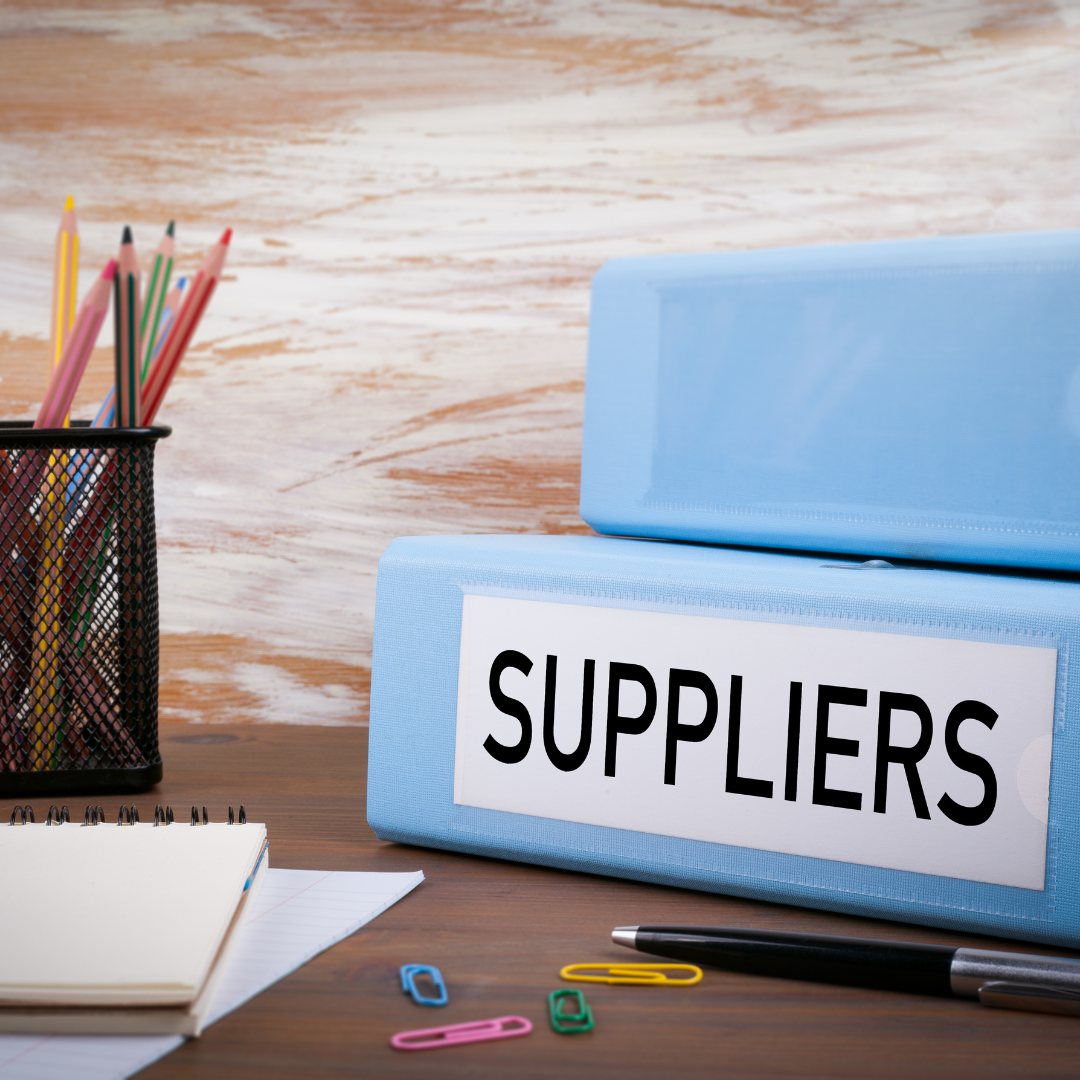Essential Tips for Effective Amazon FBA Supplier Performance Management

Monitoring supplier performance is critical to maintaining a reliable Amazon FBA business. By tracking key metrics such as fulfillment rate, on-time delivery, and product quality, you can build stronger supplier relationships, minimize disruptions, and ensure your inventory remains consistent. Here’s a guide to understanding the essential metrics for evaluating and improving supplier performance.
Key Metrics for Monitoring Supplier Performance
- Fulfillment Rate
The fulfillment rate measures how reliably your supplier can meet your order quantities. A high fulfillment rate indicates that your supplier is dependable, fulfilling most, if not all, orders on time. Tracking this rate can help you identify patterns in missed targets and address any underlying issues before they impact your sales.
- On-Time Delivery
Timely deliveries are crucial for maintaining stock levels and ensuring positive customer experiences. Delays can result in stockouts, missed sales opportunities, and negative reviews. Monitor delivery timelines against agreed dates and set a standard for on-time delivery to hold suppliers accountable.
- Rejection Rate
Rejection rate highlights the percentage of products that fail quality checks. A high rejection rate can signal issues with production consistency or quality standards. Regularly review this rate and work with your supplier to identify the root cause, whether it’s a materials issue or a problem in their production line.
- Supplier Issues (Production and Payment)
Supplier-related problems, such as production delays or payment complications, can cause unforeseen setbacks. Document and track any production or payment issues as part of your supplier evaluation process. Recognizing recurring issues enables you to address concerns early or, if necessary, consider alternative suppliers.
- Lead Time
Lead time is the duration between placing an order and receiving the goods. Understanding your supplier’s lead time allows you to plan inventory replenishments more accurately, preventing stockouts or overstock situations. Regularly revisit lead time metrics to account for potential fluctuations due to seasonal demand or supply chain issues.
- Product Quality
Consistent product quality builds customer trust and reduces return rates. Monitoring product quality through regular checks and reviews helps ensure that the goods you receive match your quality expectations. Encourage suppliers to uphold quality standards by sharing feedback and setting benchmarks.
- Communication and Responsiveness
Communication is essential for a smooth partnership. A communicative supplier will provide timely updates, address concerns proactively, and be transparent about potential delays. Evaluate how well your supplier communicates, especially during high-demand periods, and consider their responsiveness in your assessment.
- Pricing Consistency and Competitiveness
Competitive pricing directly impacts your profit margins. Regularly assess if your supplier’s pricing aligns with the market, and compare it with other suppliers for similar quality. Unexpected price hikes or frequent price changes could signal a need to renegotiate terms or explore other suppliers.
Conclusion
Building a successful Amazon FBA business involves more than just selecting the right products; it requires reliable and responsive suppliers. By closely monitoring metrics such as fulfillment rate, on-time delivery, lead time, and product quality, you can strengthen supplier relationships and prevent supply chain disruptions.
Staying proactive with these metrics not only helps safeguard your sales but also creates a strong foundation for growth. As you track supplier performance, regularly communicate your expectations and be open to collaborating with suppliers on solutions. A well-monitored supplier network can become one of your most valuable assets on Amazon FBA, supporting your business’s stability and scalability.
